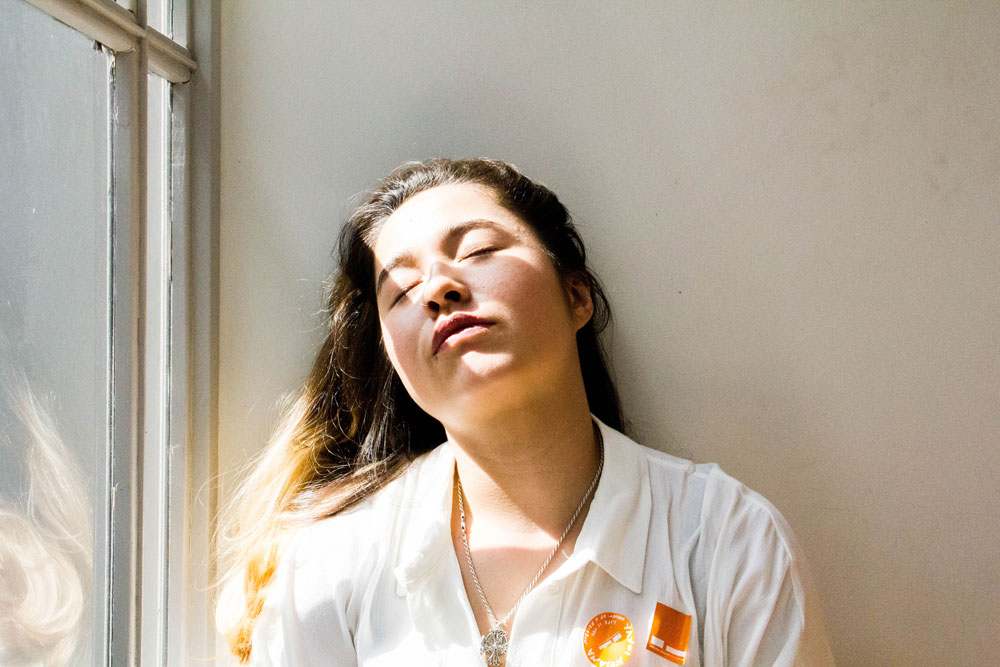Picture this – you’ve been up all night working hard on a project for work, or studying for that upcoming exam. We’ve all been there, right? Denying ourselves adequate sleep is becoming more and more normalized. As a society, we’ve accepted sleep deprivation as normal and unavoidable aspect of our daily lives. Around a third of Americans and Canadians experience a lack of sleep. Even the World Health Organization has highlighted the prevalence of sleep deprivation, and considers it to be epidemic. Now, think about the following day after missing out on a few hours of sleep. You might make it through the day, and feel as though you are functioning well, but your brain thinks otherwise.
Research into the effects of sleep-deprivation have found that missing out on adequate sleep can have significant negative effects. These include increased negative emotions and reduced capacity to recognize threatening stimuli from non-threatening stimuli. It is often thought that the basis of various anxiety disorders is due to a failure in recognizing threats. We may see little threats, such as running late for a meeting, as a much bigger issue that triggers anxieties.
Specifically, the activity in various parts of the brain associated with fear and anxiety demonstrate increased activity in sleep-deprivation. These parts, the amygdala and the insula amplify stress levels when there is a lack of sleep. Missing out on sleep has a greater impact than simply feeling tired the next day – it affects normal brain functioning. This has even been observed in functional MRI, a form of brain imaging that highlights areas of activity. One experiment in sleep-deprived students found they demonstrated increased activity in both the amygdala and the insula. As expected, they also reported feeling more afraid than students who achieved a good night’s sleep.
The amygdala is the part of the brain involved in learning what we should and shouldn’t be afraid of. It is connected to the ventromedial prefrontal cortex (vmPFC), which tells the amygdala to slow down, and the insula, which tells the amygdala to increase activity. We can think of the vmPFC as being the brakes, and the insula as being the accelerator on the amygdala. During sleep deprivation, the connection between the amygdala and the vmPFC is weakened, whereas the connection between the insula and amygdala is strengthened.
Putting it all together, a lack of sleep results in greater fear, and feelings of fear towards non-threatening situations. People who are sleep deprived are more likely to ‘play it safe’, and will often avoid taking risks. They might not apply for their dream job, or decide not to take the next step in their education. It all comes down to the altered perception of threats that occurs with a lack of sleep. Although you might think your work has priority over sleep, it might actually damage your career in the long run.
Contact Alana Roy for more information.
